Troubleshooting Gas Oven Issues
When you encounter issues with your gas oven, it’s essential to delve into troubleshooting a gas oven that won’t heat. Understanding the importance of gas oven maintenance and addressing inconsistent oven temperatures are key steps in resolving such problems effectively.
Importance of Gas Oven Maintenance
Regular maintenance plays a vital role in preventing common gas oven issues, including faulty igniters, malfunctioning thermostats, and gas supply problems. Neglecting maintenance can not only lead to costly repairs but also create unsafe conditions in your home.
One frequent issue that homeowners face is the inconsistency in oven temperatures. Gas ovens can sometimes run slightly hot or cold, affecting your cooking results. It is advised to avoid using a thermometer to measure the temperature and instead adjust the oven temperature according to your cooking needs and the manufacturer’s guidelines.
Addressing Inconsistent Oven Temperatures
Inconsistent oven temperatures can stem from various sources, including faulty temperature sensors, broken door seals, or improperly calibrated control boards. Ensuring that your oven maintains consistent heat levels is crucial for achieving optimal cooking results.
Gas ovens are classified under Class A and can transfer heat either directly or indirectly. In direct gas ovens, a fan circulates heat, reaching temperatures of up to 1000°F, with the typical operating range between 180°F and 500°F. These ovens use convection for rapid heat distribution and are powered by either propane or natural gas (IQS Directory).
By understanding the nuances of gas oven maintenance and addressing inconsistencies in oven temperatures, you can proactively troubleshoot issues as they arise and ensure efficient and safe operation of your gas oven. Remember to follow manufacturer recommendations and seek professional assistance if needed to resolve complex issues effectively.
Common Gas Oven Problems
When your gas oven is not working properly, it can be a source of frustration. Understanding the common issues that may arise can help you troubleshoot and resolve them efficiently. In this section, we will address two prevalent gas oven problems: dealing with gas smells and fixing burners that won’t light.
Dealing with Gas Smells
If you notice a gas smell when your oven is in use, it is vital to address this issue promptly as it could indicate potentially hazardous situations. Gas odors may stem from loose connections, faulty gas valves, or cracked gas lines. These issues can lead to gas leaks, posing a serious safety risk.
To address gas smells in your oven:
- Ventilate the area: Open windows and doors to allow fresh air to circulate and disperse any gas buildup.
- Turn off the oven: Immediately turn off the oven and the gas supply to prevent further gas leakage.
- Seek professional assistance: Contact a qualified technician or gas appliance repair service to inspect and repair the issue safely.
Gas smells in your oven should never be ignored. Prompt action is crucial to prevent potential hazards and ensure the safety of your household. Ignoring gas odors can lead to severe consequences, including gas leaks, fire hazards, and health risks.
Fixing Burners That Won’t Light
When the burners on your gas oven refuse to light, it can disrupt your cooking routine. Several factors can cause this issue, such as clogged burner ports, faulty igniters, or gas supply problems. If basic troubleshooting steps like cleaning the burner ports or verifying the gas supply do not resolve the problem, professional intervention may be necessary (Gold Coast Plumbing Company).
Here’s how you can address burners that won’t light:
- Check for blockages: Clear any debris or obstructions from the burner ports using a soft brush or compressed air.
- Inspect the igniter: Ensure the igniter is positioned correctly and functioning correctly. If the igniter is faulty, it may need to be replaced.
- Verify the gas supply: Confirm that the gas supply to the oven is uninterrupted and that the gas line is not obstructed.
If these steps do not resolve the issue, it is advisable to seek assistance from a professional technician who specializes in gas appliance repairs. Attempting complex repairs without the necessary expertise can pose safety risks and may lead to further damage to your oven.
By understanding these common gas oven problems and implementing appropriate troubleshooting measures, you can effectively address issues with your gas oven and ensure its optimal performance for your daily cooking needs.

